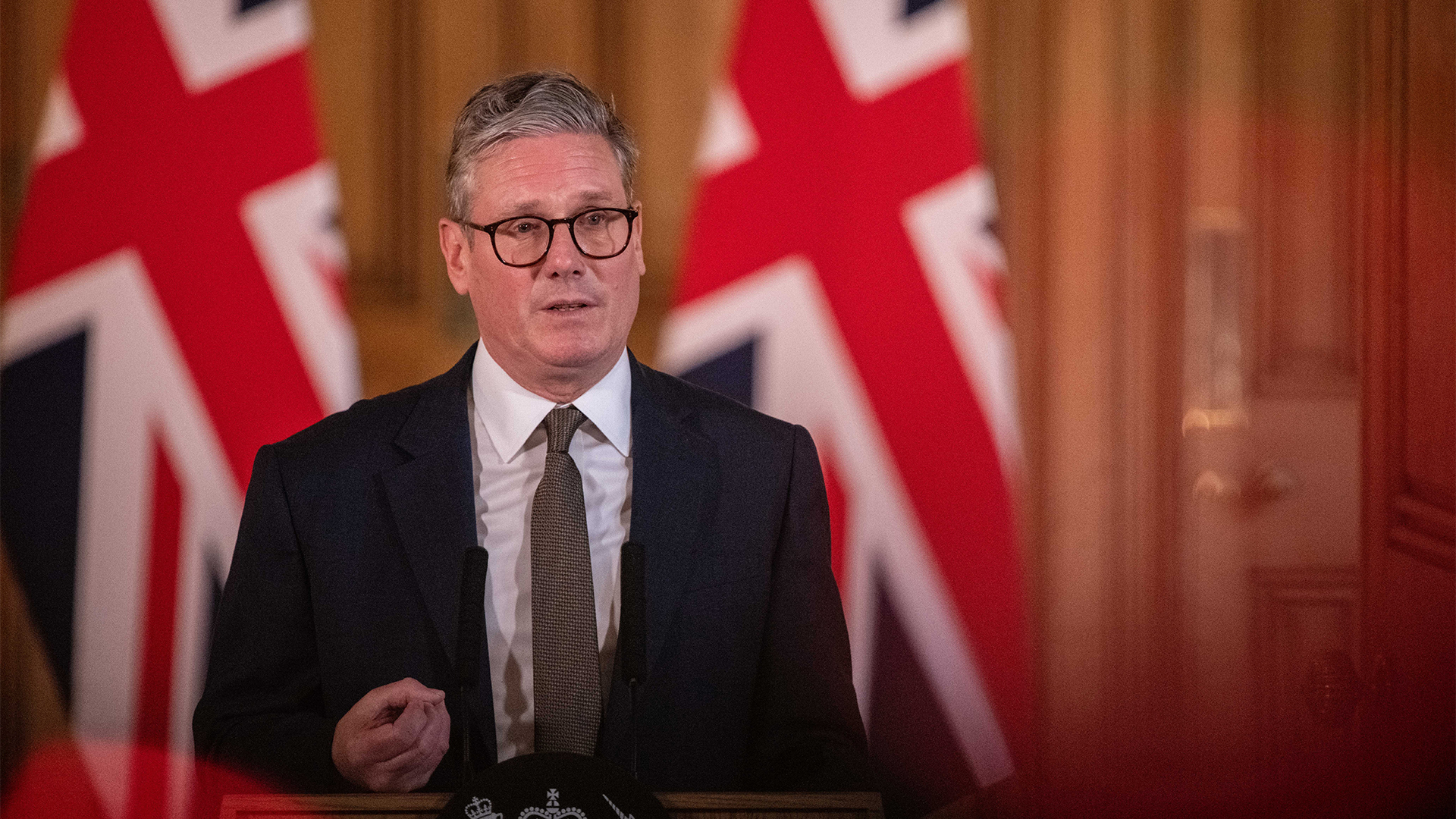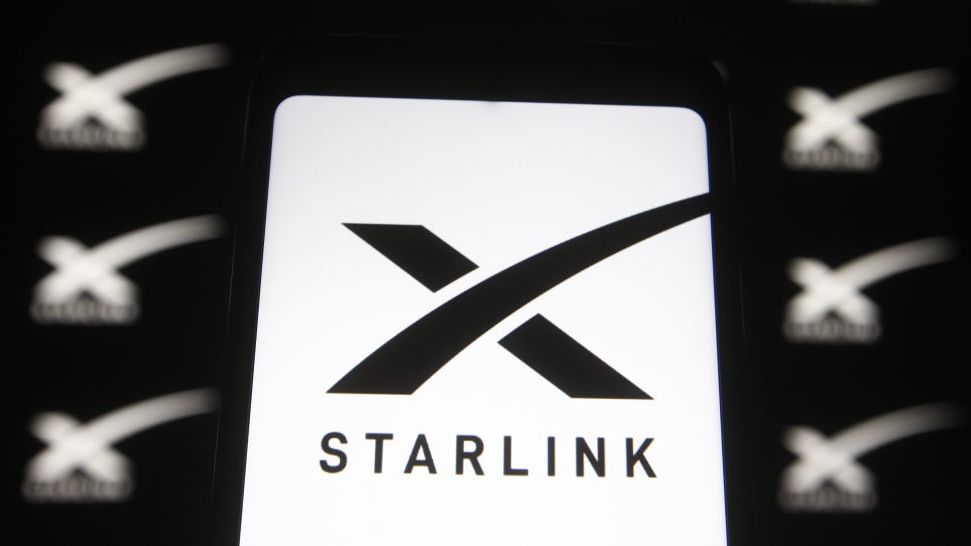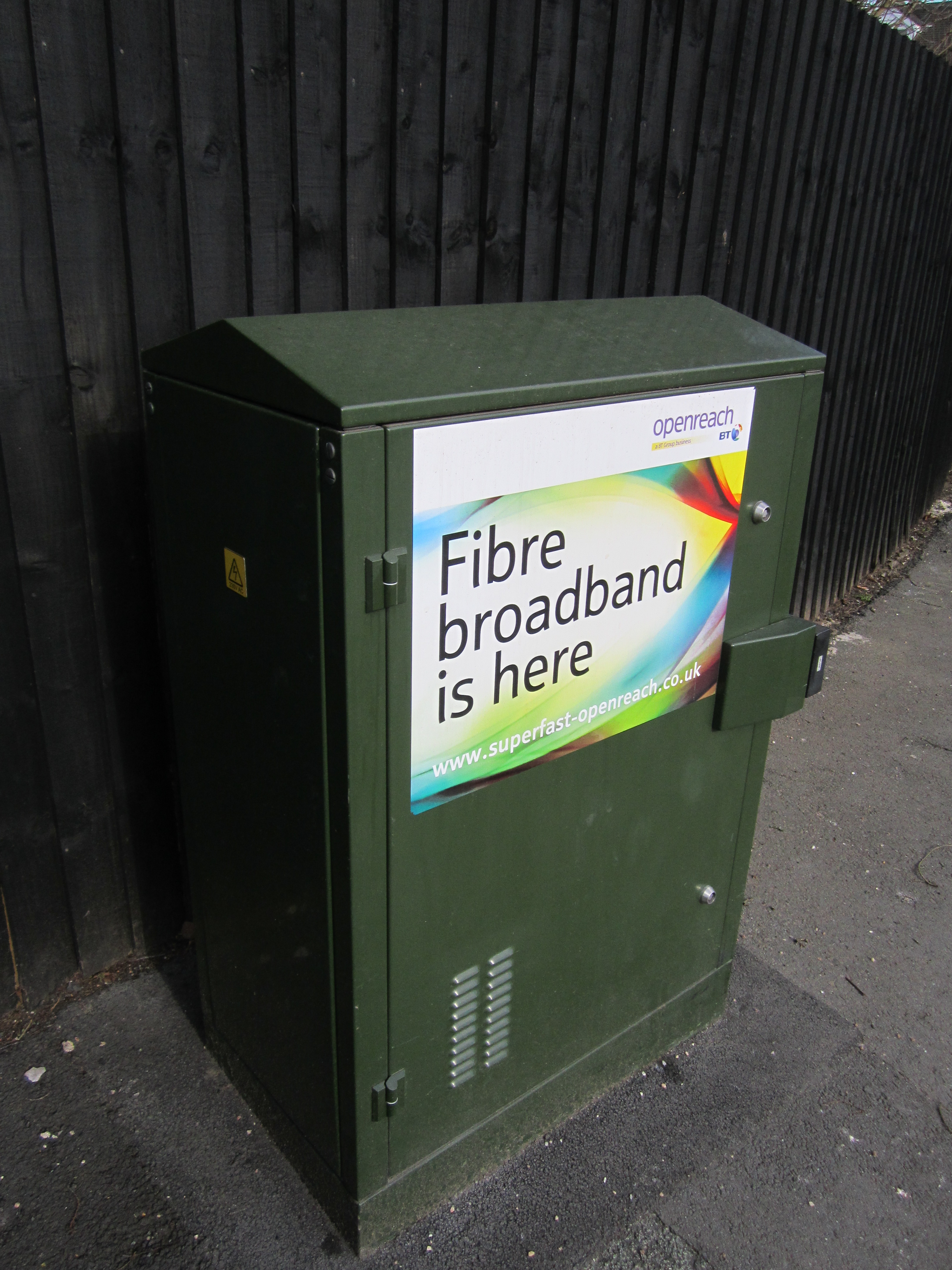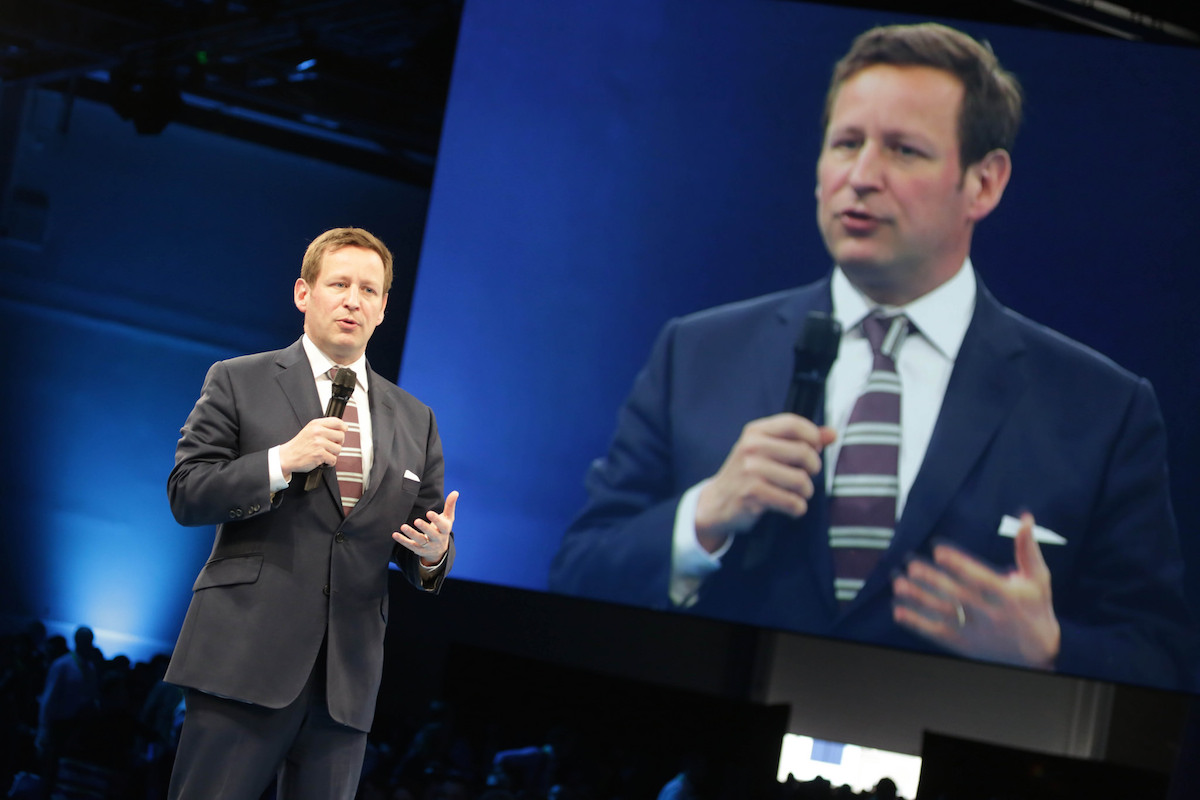England countryside to get £294 million for broadband
The Government has revealed where its £530 million BDUK fund for broadband development in remote areas will go.


Remote areas of England are set to benefit from 294 million of Government investment in broadband.
Culture Secretary Jeremy Hunt announced the allocation today, revealing Scotland was to receive 68.8 million for improving connections in rural areas.
Devon and Somerset will get the greatest slice of the overall 363 million allocation, taking 31.3 million.
The money comes from the Government's 530 million Broadband Delivery UK (BDUK) pot, announced by Chancellor of the Exchequer George Osborne to improve communications in remote areas.
Yesterday, the Government pledged 4.4 million of the fund to Northern Ireland. Earlier this year, Wales was allocated 56.9 million.
"I am absolutely determined that the UK will have the best superfast broadband network in Europe by 2015 one that we all benefit from. Fast broadband is absolutely vital to our economic growth, to delivering public services effectively, and to conducting our everyday lives," Hunt said.
"But some areas of the UK are missing out, with many rural and hard-to-reach communities suffering painfully slow internet connections or no coverage at all. We are not prepared to let some parts of our country get left behind in the digital age."
Sign up today and you will receive a free copy of our Future Focus 2025 report - the leading guidance on AI, cybersecurity and other IT challenges as per 700+ senior executives
The Government wants to have 90 per cent of homes and businesses able to access superfast broadband of speeds 24Mbps or greater by 2015. It also wants everyone in the UK to have access to at least 2Mbps by that time.
Dominique Lazanski, head of digital policy at the TaxPayers' Alliance, said there was actually no need for the Government to use tax payers money for the broadband rollout.
"If the Government reduced or eliminated broadband fibre tax, allowed for the reuse of infrastructure like ducts and poles already in place for other utilities, and opened up the spectrum auction we would have no need for taxpayer funded rural broadband," Lazanski said.
"In effect, the government is picking winners in an industry that could and should be entirely funded by private investment and companies."
A Cambridgeshire commitment
Earlier this week, every home in Cambridgeshire was promised a high-speed broadband connection in the next four years.
The project will cost 70 million, with the county council pledging 20 million and the Government offering 8 million. The council wants the private sector to make up the extra 42 million, according to the BBC.
The private sector has already committed to bringing superfast connections to two-thirds of the UK. BT has repeatedly called on the public sector to help fund next generation broadband in the final third.
Tom Brewster is currently an associate editor at Forbes and an award-winning journalist who covers cyber security, surveillance, and privacy. Starting his career at ITPro as a staff writer and working up to a senior staff writer role, Tom has been covering the tech industry for more than ten years and is considered one of the leading journalists in his specialism.
He is a proud alum of the University of Sheffield where he secured an undergraduate degree in English Literature before undertaking a certification from General Assembly in web development.
-
 Trump's AI executive order could leave US in a 'regulatory vacuum'
Trump's AI executive order could leave US in a 'regulatory vacuum'News Citing a "patchwork of 50 different regulatory regimes" and "ideological bias", President Trump wants rules to be set at a federal level
-
 TPUs: Google's home advantage
TPUs: Google's home advantageITPro Podcast How does TPU v7 stack up against Nvidia's latest chips – and can Google scale AI using only its own supply?
-
 UK regions invited to apply for ‘AI Growth Zone’ status
UK regions invited to apply for ‘AI Growth Zone’ statusNews The UK government has opened up bidding for regions hoping to secure 'AI growth zone' status.
-
 “Botched government procurement” leads to £24 million Atos settlement
“Botched government procurement” leads to £24 million Atos settlementNews Labour has accused the Conservative government of using taxpayers’ money to pay for their own mistakes
-
 UK government to run Starlink trials in Snowdonia, Lake District
UK government to run Starlink trials in Snowdonia, Lake DistrictNews The government has indicated low-Earth orbit satellites could be key to expanding connectivity to UK businesses
-
 Government holds talks with data centre operators over energy blackout threat
Government holds talks with data centre operators over energy blackout threatNews One data centre operator has been preparing to switch over to diesel power in the event of a national blackout
-
 HPE inks $2 billion high-performance computing deal with the NSA
HPE inks $2 billion high-performance computing deal with the NSANews HPE will provide scalable on-premises computing to the NSA using Greenlake
-
 Broadband not meeting UK consumer expectations
Broadband not meeting UK consumer expectationsNews Survey finds many unhappy with broadband in the UK
-
 Are we really better off as part of the EU?
Are we really better off as part of the EU?News Ed Vaizey certainly thinks you are if you’re a start up or innovator…
-
 Government says everyone now has 2Mbps internet access
Government says everyone now has 2Mbps internet accessNews Department for Culture, Media and Sport has introduced satellite grants for those in low-speed areas
